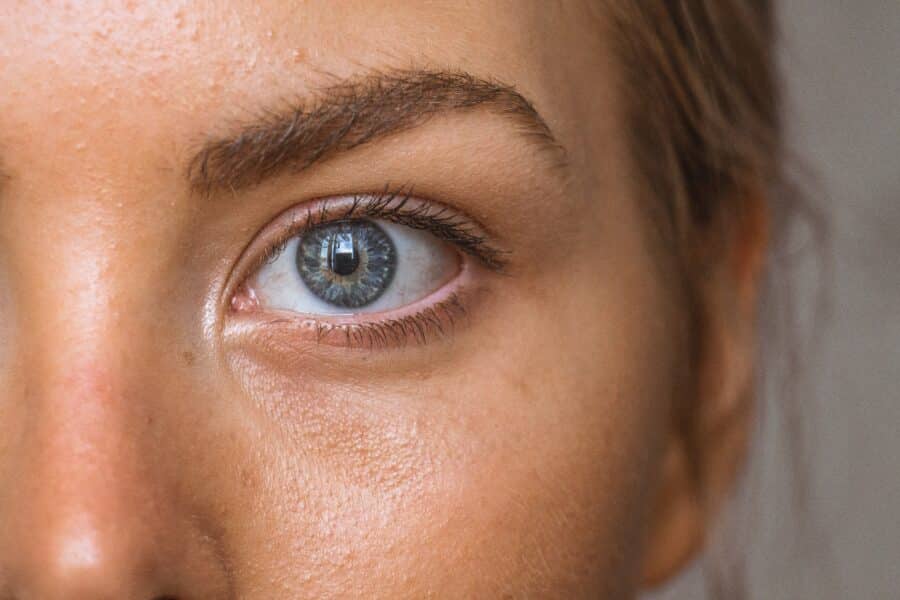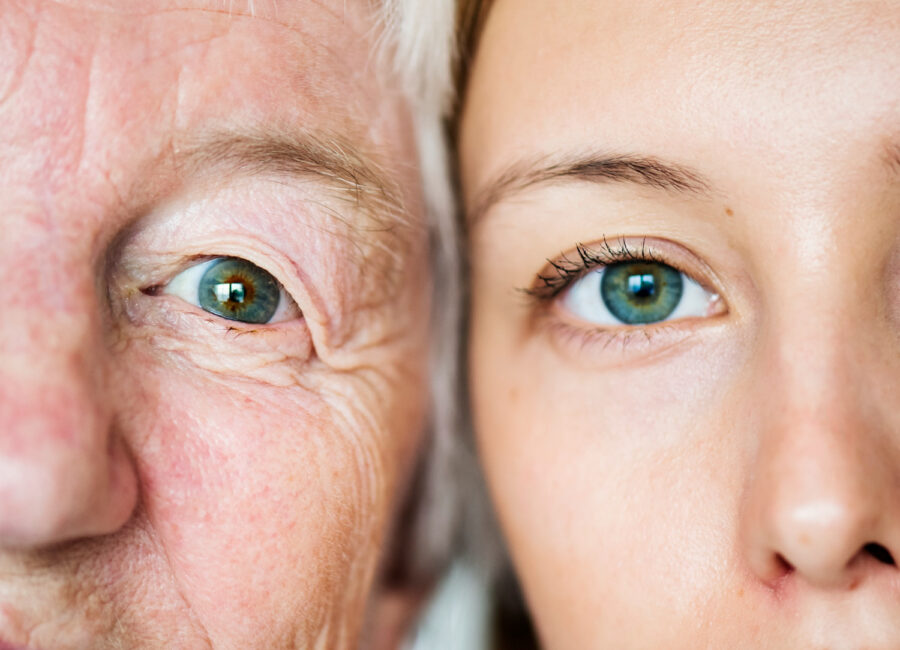This is a common condition called eye twitching or myokymia, which can be bothersome and uncomfortable. While usually not serious, eye twitching can be a sign of an underlying medical condition that requires attention. Understanding the causes, symptoms, and treatments of eye twitching can help individuals better manage the condition and alleviate any associated discomfort.
Eye Twitching: What Is It?
Eye twitching, also known as eyelid twitching or blepharospasm, is an involuntary spasm or twitching of the muscles around the eyelids. The twitching can range from mild to severe and can affect one or both eyes. Most of the time, eye twitching is not a serious medical condition, and it goes away on its own without any treatment.
Types of Eye Twitches
There are three types of eye twitches that people usually experience:
- Minor Eye Twitch: This is the most common type of eye twitching and usually goes away on its own. It is usually triggered by factors like stress, lack of sleep, alcohol consumption, and eye strain.
- Benign Essential Blepharospasm: This is a more severe type of eye twitching that can be caused by dry eyes, Tourette’s syndrome, and other medical conditions.
- Hemifacial Spasm: This is a rare type of eye twitching that can be more severe, affecting one side of the face, and may even affect things like talking and eating. Hemifacial spasms are usually caused by inflamed facial nerves and may require medical treatment.
Common Causes of Eye Twitching
Eye twitching can be caused by several factors, including:
- Allergies: People with hay fever or those who are allergic to dust might also experience eye twitching occasionally.
- Caffeine: Drinking too much caffeine can overstimulate your nervous system and exacerbate twitching. Try to scale back on the caffeine, so your body can relax naturally.
- Digital Eye Strain or Computer Vision Syndrome: Spending a lot of time focusing on a computer or smartphone screen can put tons of extra stress on your eyes. If you need to be at a computer for extended periods of time, get into a routine of taking frequent breaks to relax your eyes.
- Fatigue or Tiredness: Lack of sleep and tiredness can also trigger eye twitching.
- Nutritional Deficiency: Some reports suggest that a lack of certain nutrients, such as magnesium, can trigger eyelid spasms.
- Alcohol Consumption: Excessive alcohol consumption can cause eye twitching and exacerbate symptoms of dry eye.
Eye Twitching Symptoms
The most common symptom of eye twitching is an involuntary twitching of the eyelid, which can range from mild to severe. Other symptoms of eye twitching can include sensitivity to light, dry or irritated eyes, and a feeling of fullness in the eyelid.
Eye Twitching Diagnosis
If your eye twitching doesn’t go away in a few days or feels like it’s getting worse, you should make an appointment to see your eye doctor. Diagnosing eye twitching involves a thorough evaluation of the patient’s symptoms, medical history, and lifestyle factors. The doctor will ask the patient about their symptoms, including when they began and how often they occur. They may also perform a physical exam, including an eye exam, to check for any underlying conditions that could be causing the twitching.
How To Stop or Prevent Eye Twitching
Here are some tips on how to stop or prevent eye twitching:
- 1. Get enough restful sleep each night.
- 2. Reduce your caffeine intake.
- 3. Minimize your stress levels.
- 4. Take frequent breaks from staring at screens or digital devices to give your eyes a rest.
- 5. Adjust your screen’s brightness and contrast levels to make it more comfortable for your eyes.
- 6. Stay hydrated throughout the day to avoid dehydration, which can contribute to eye twitching.
- 7. If you wear contact lenses, make sure to keep them clean and moisturized.
- 8. Incorporate more magnesium-rich foods into your diet, such as leafy green vegetables, nuts, seeds, and whole grains.
In Conclusion Eye twitching is a common condition that can be bothersome and uncomfortable, but usually not serious. If you experience frequent or chronic eye twitching, it is important to see an eye doctor to rule out any underlying medical conditions. Understanding the causes and symptoms of eye twitching can help you better manage the condition and alleviate any associated discomfort. Follow the tips mentioned above to prevent or stop eye twitching and maintain healthy eyes.



